Representatives from six major AI companies, including Anthropic, Apple, Google, OpenAI, Meta, and Microsoft, met at Stanford University for an eight-hour closed-door workshop on Monday to discuss the use of chatbots as companions or in roleplay scenarios. The workshop, organized by Anthropic and Stanford, brought together industry experts, academics, and other specialists to explore the implications of chatbots on human interaction and well-being.
During the workshop, participants focused on the potential risks associated with chatbots, including the possibility of users experiencing mental breakdowns or confiding in them about suicidal ideations. Ryn Linthicum, head of user well-being policy at Anthropic, emphasized the need for a broader societal conversation about the role of AI in human interaction. "We need to have really big conversations across society about what role we want AI to play in our future as humans who are interacting with each other," Linthicum said.
According to Anthropic, less than one percent of its Claude chatbots' interactions are roleplay scenarios initiated by users, which is not the primary purpose of the tool. However, chatbots have become increasingly popular as companions, with some users engaging in lengthy conversations with them. The workshop aimed to address the challenges and opportunities presented by this trend.
The meeting provided a platform for industry experts and academics to share their insights and brainstorm deployment guidelines for chatbot companions. By exploring the potential risks and benefits of chatbots, the participants sought to develop a more nuanced understanding of their impact on human well-being.
The use of chatbots as companions raises important questions about the boundaries between human and artificial intelligence. As AI technology advances, it is essential to consider the implications of these developments on society. The workshop at Stanford University marked a significant step towards addressing these concerns and promoting a more informed discussion about the role of AI in human interaction.
The workshop is part of a broader effort to develop guidelines and regulations for the responsible development and deployment of AI technologies. As the use of chatbots continues to grow, it is crucial to prioritize user well-being and ensure that these tools are designed and used in a way that promotes positive outcomes.
The next steps for the participants will involve refining the guidelines and recommendations developed during the workshop. Anthropic and Stanford plan to release a report detailing the outcomes of the meeting and outlining the key takeaways for the industry. The report is expected to provide a comprehensive overview of the challenges and opportunities presented by chatbots and offer insights into the future of AI development.
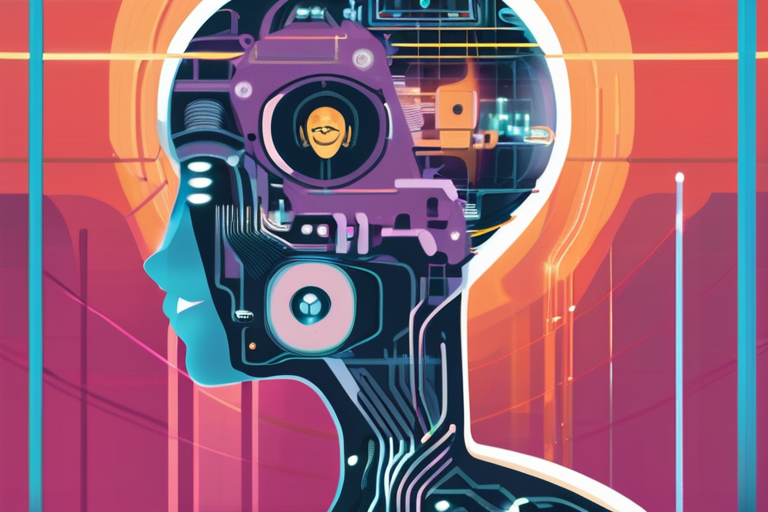



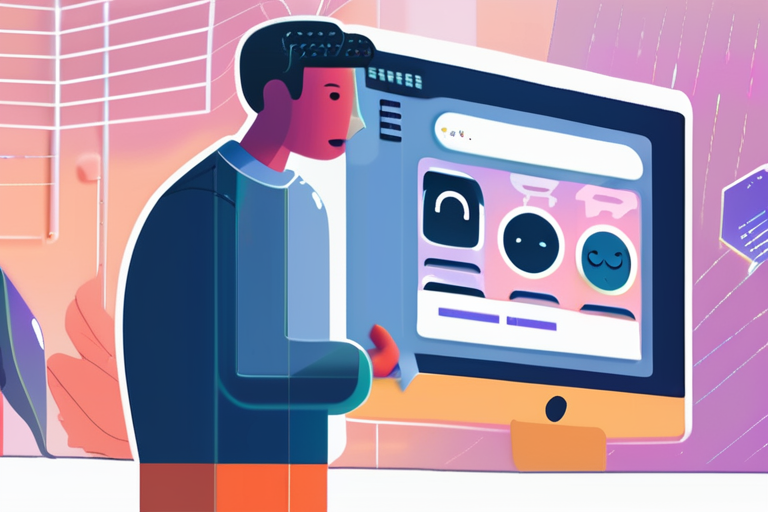




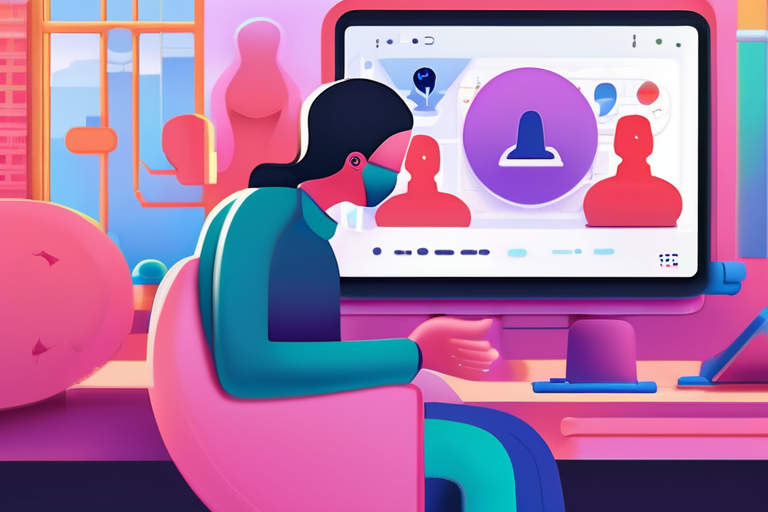



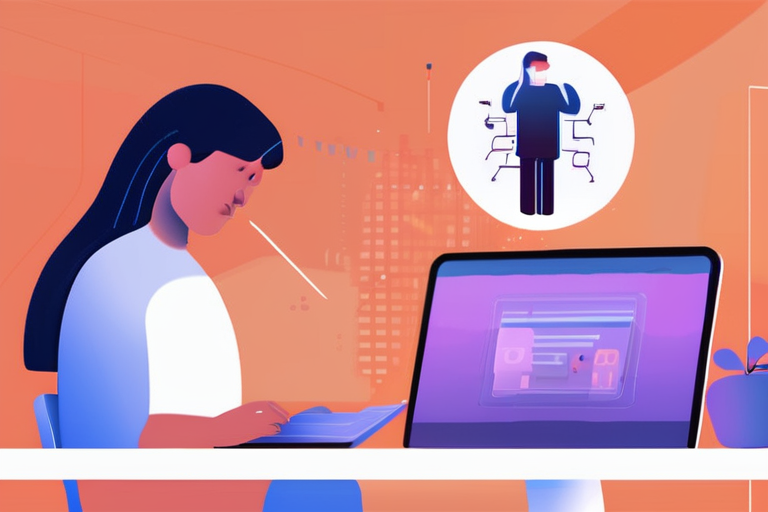
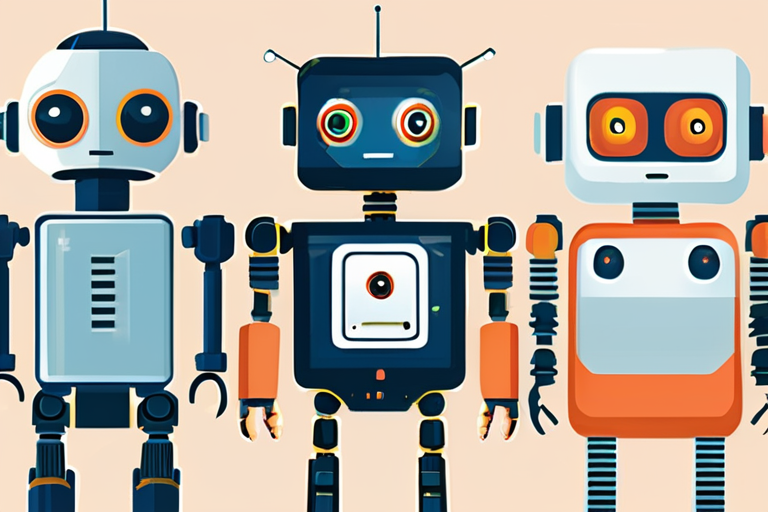

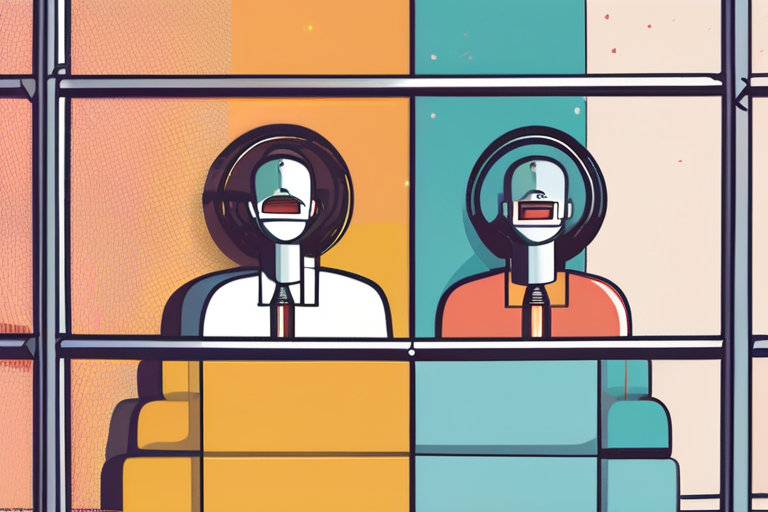
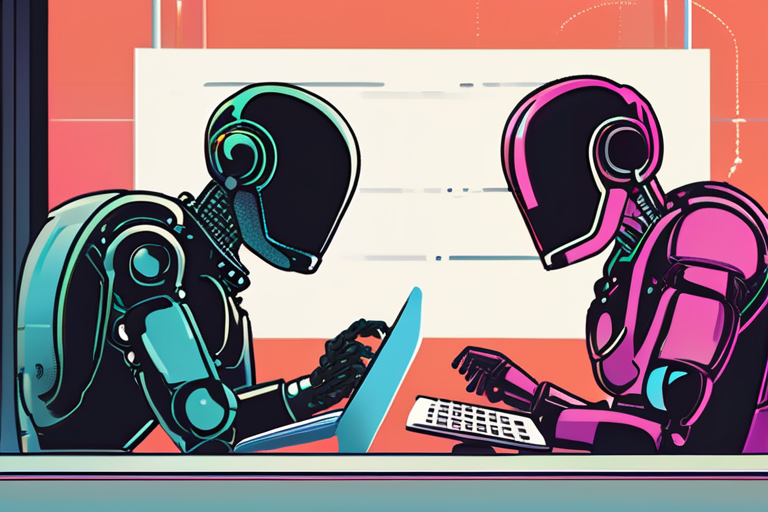

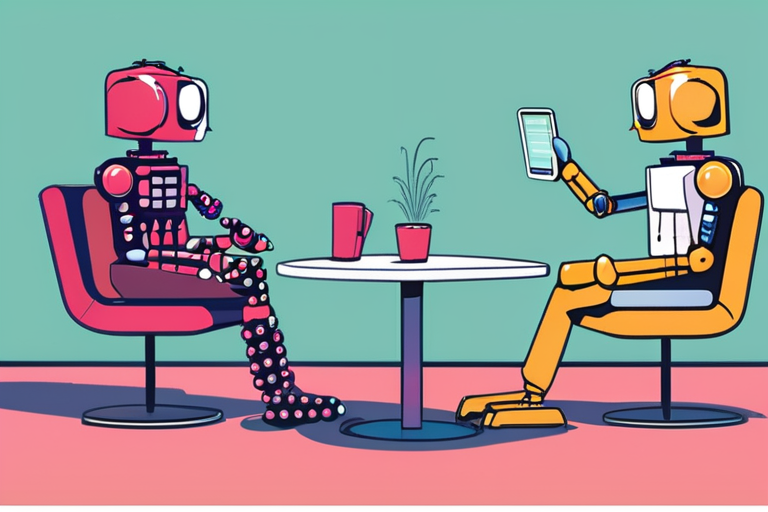



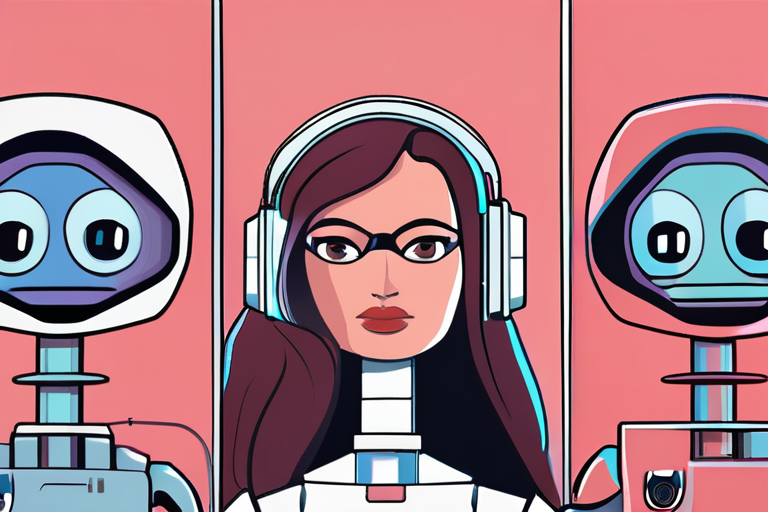


Share & Engage Share
Share this article